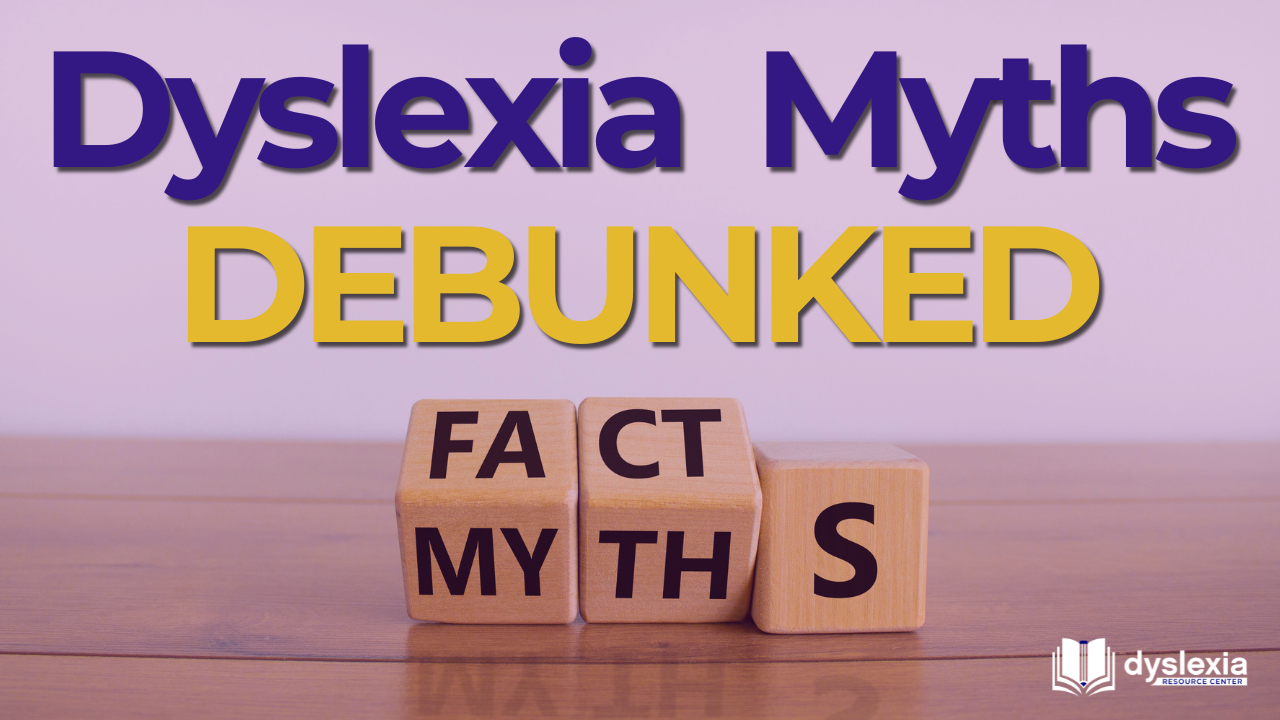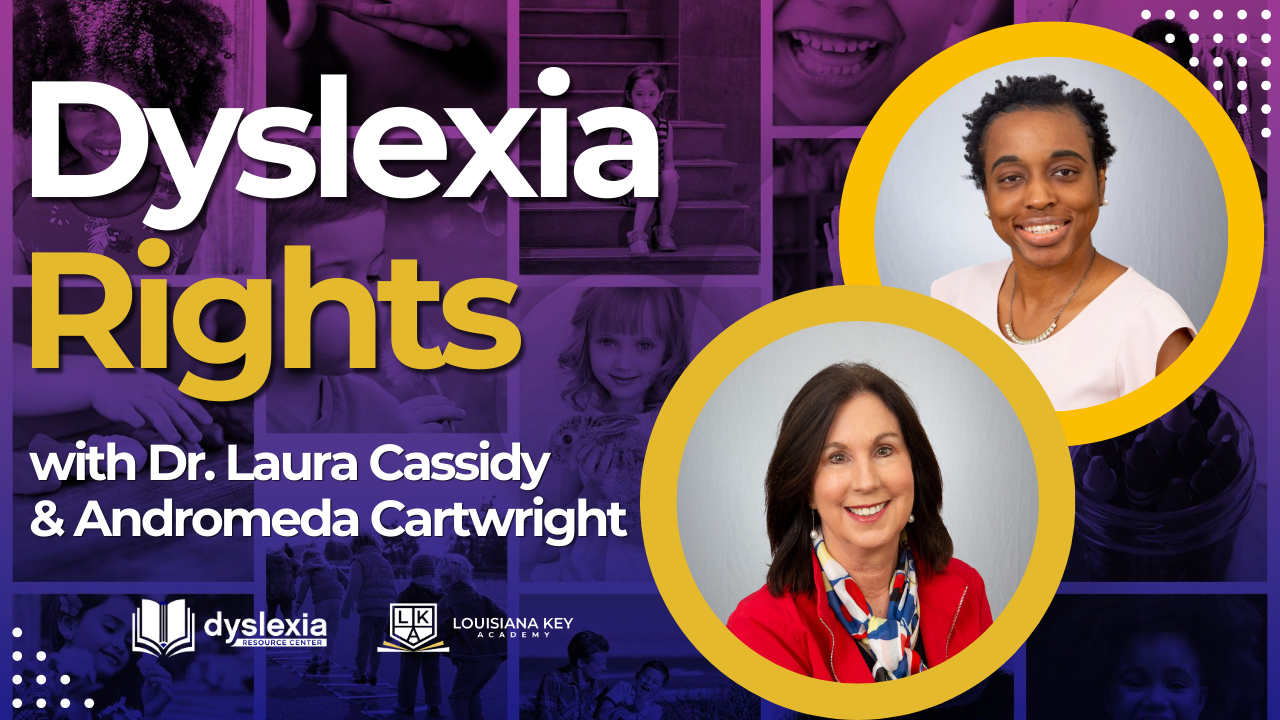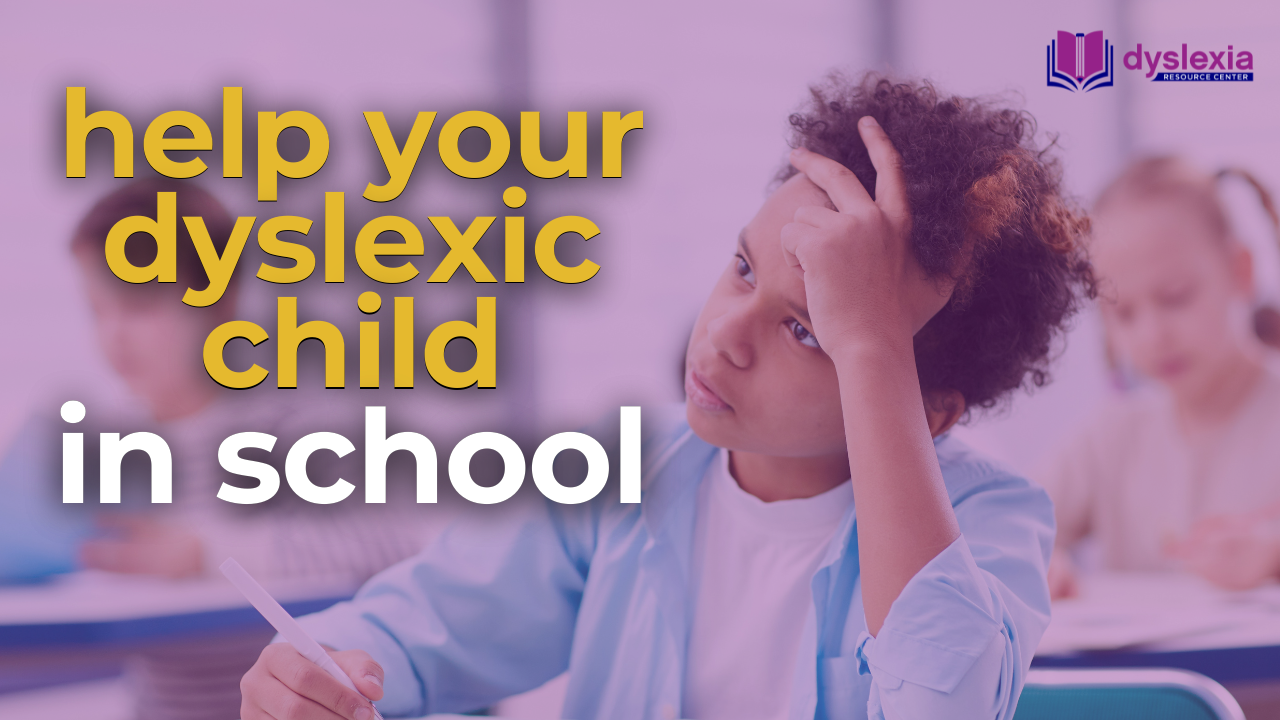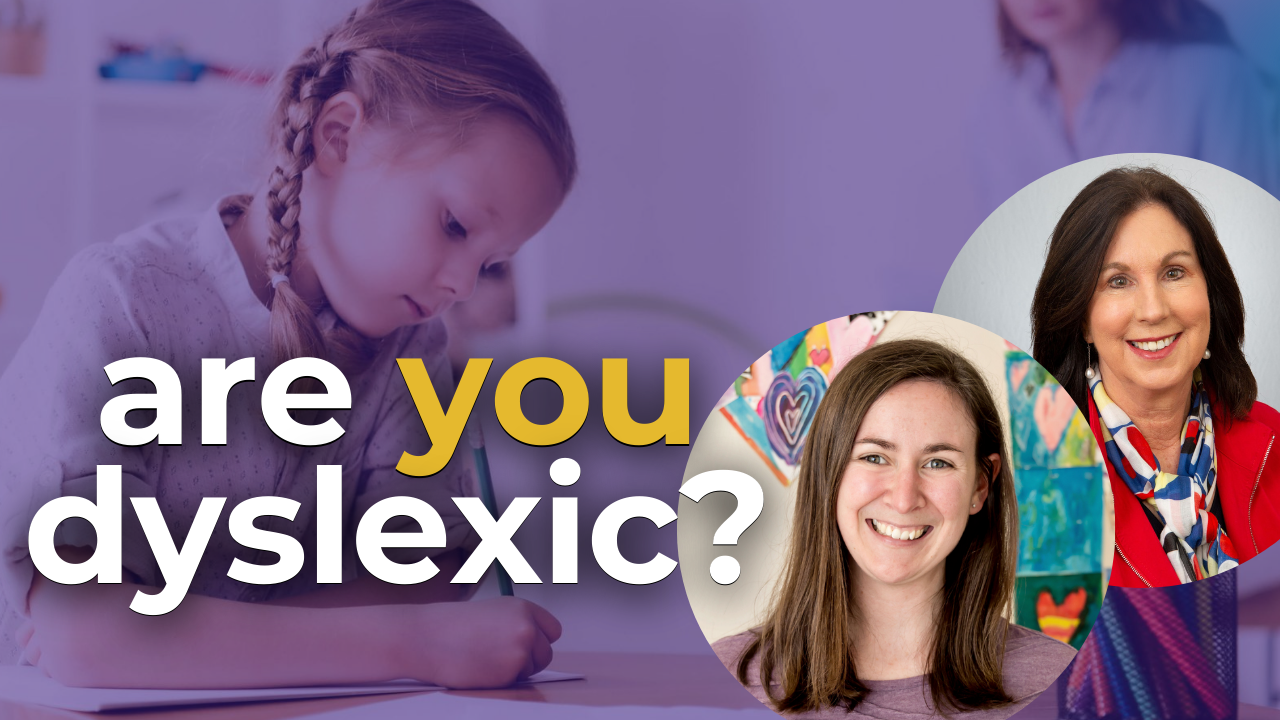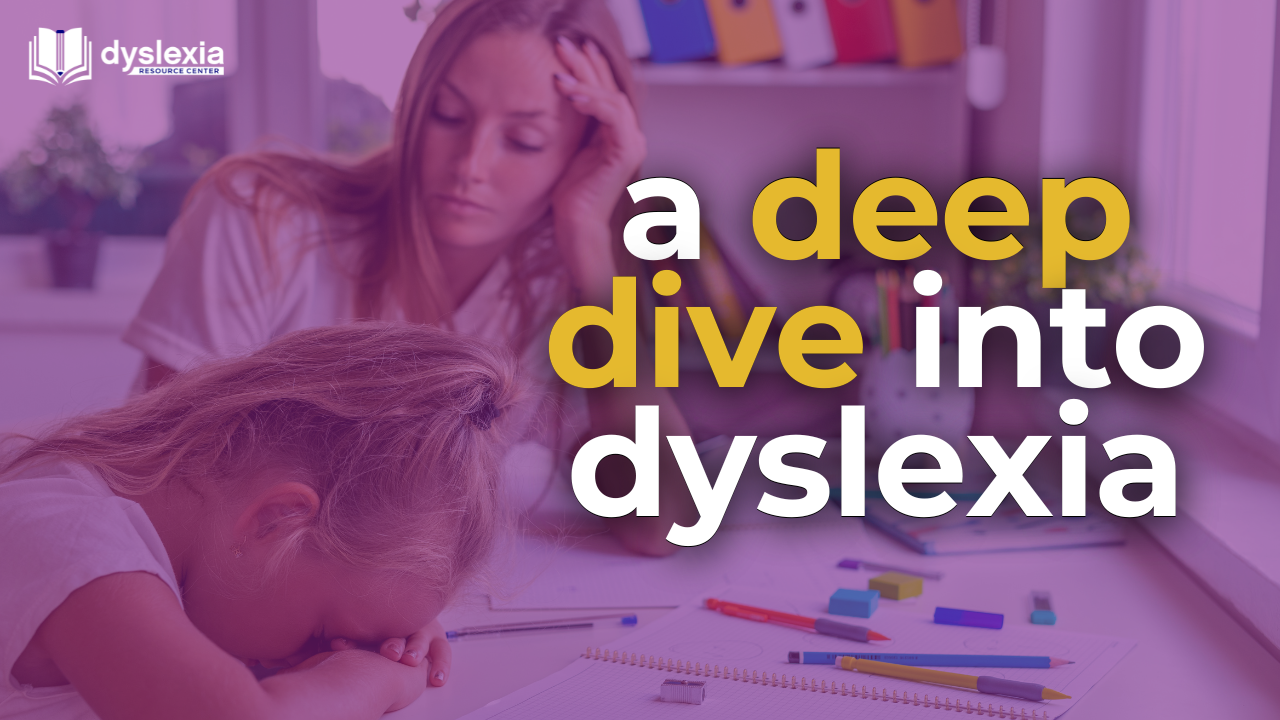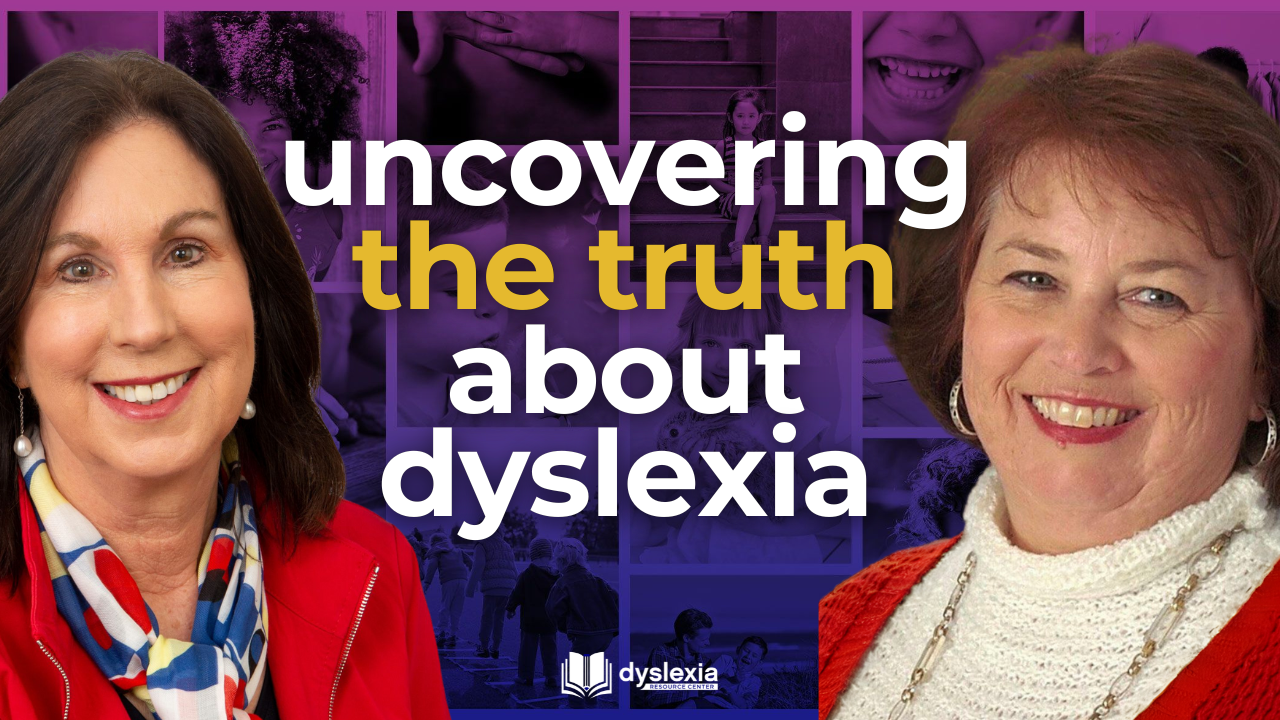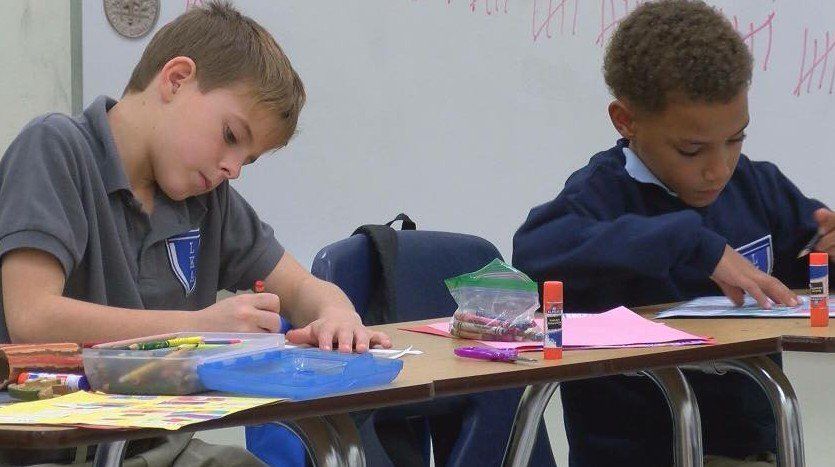Call Us (225) 384-5484
Famous People with Dyslexia: Celebrating Success
In honor of Dyslexia Awareness Month in October, we are exploring the many inspiring stories of famous dyslexics who have overcome their struggles and achieved remarkable accomplishments in life!

Stephen Spielberg: A Brilliant Filmmaker
Stephen Spielberg, the renowned filmmaker, was diagnosed with dyslexia at the age of 60. Throughout his school years, he faced difficulties in reading and academic performance. Despite these challenges, Spielberg's brilliance shone through as he created numerous adventure films during high school. One of his most beloved works, "The Goonies," was inspired by his own experiences as an outcast and victim of bullying. Later in life, he returned to college to complete his degree. Spielberg openly admits that it takes him twice as long as his peers to read books and scripts. Nevertheless, he found solace and fulfillment in making movies, stating that filmmaking became his great escape.

Gavin Newsom: From Struggles to Success
Gavin Newsom, former mayor of San Francisco and current Governor of California, was diagnosed with dyslexia at the age of 5. However, his mother chose not to disclose this information to him out of concern that it might become a crutch. Newsom struggled throughout his early school years until he stumbled upon papers at home revealing his poor grades and dyslexia diagnosis in fifth grade.
Fearful of reading aloud due to potential ridicule from classmates, he gave up on reading and focused on surviving in school through other means. Fortunately, Newsom excelled in baseball and earned a college scholarship based on his athletic abilities. In college, he discovered a passion for political science and found practicality in studying the subject. He developed strategies such as underlining important words in newspapers and compensating for his reading limitations by relying on critical thinking and adaptability. Newsom's perseverance paid off, and he went on to achieve success in business and politics. His advice to students is to develop discipline, as it can empower them to overcome any obstacle and transform their self-esteem.

Alice Beard: A Storyteller's Triumph
Alice Beard, known by her pen name Alice Renee, is an accomplished author who struggled with dyslexia throughout her school years. Writing did not come easily to her, but she persevered and honed her skills to share her stories with the world. Today, she stands as a testament to the power of determination and hard work.

Richard Branson: Dyslexia as a Catalyst for Success
Richard Branson, the CEO of Virgin Airlines, dropped out of school at the age of 16. Although his teachers didn’t know it, he was dyslexic. Branson believes that dyslexia played a crucial role in his journey towards becoming a successful entrepreneur.
It pushed him out of the traditional classroom setting and enabled him to explore his strengths and passions independently. Branson emphasizes that dyslexics possess vivid imaginations, allowing them to see the big picture and create innovative businesses. He credits dyslexia for teaching him the importance of surrounding himself with talented individuals who complement his weaknesses. While early failures were common, Branson learned from them and continued moving forward without dwelling on past mistakes.

Keira Knightley: Embracing Creativity and Intelligence
Keira Knightley, the acclaimed actress, discovered her struggles with reading at the age of six when she realized that she had been memorizing words rather than truly reading them. Despite this setback, Knightley's creativity and intelligence flourished in other areas such as art, drama, music, and creative writing. She acknowledges that confidence is paramount and understands that her spelling and punctuation may not be perfect. Nevertheless, she excels in bringing characters to life on screen, often relying on memorization.
Knightley considers herself fortunate to have been diagnosed early, as it allowed her to understand that she wasn't unintelligent but simply had to work harder.
Conclusion
These stories of Stephen Spielberg, Gavin Newsom, Alice Beard, Richard Branson, and Keira Knightly demonstrate that dyslexia does not define one's abilities or limit their potential for success.
By raising awareness about dyslexia during Dyslexia Awareness Month in October, we can foster understanding, support, and inclusivity for individuals with dyslexia. Let us celebrate their achievements and encourage others to embrace their unique strengths and talents.
Check out more stories like these on our
Instagram!


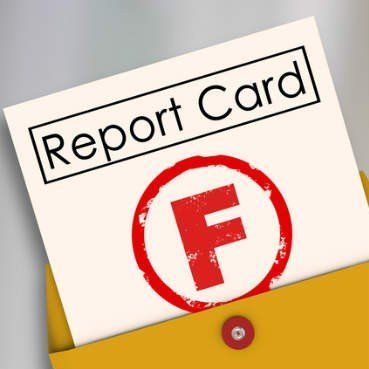
Quick Links
What is Dyslexia?
Dyslexia Services
WHO WE ARE?
The Dyslexia Resource Center was started by a group of concerned parents, medical doctors, and advocates who simply want everyone to know the truth about dyslexia, based on the most current science, and how that knowledge can translate into success in the classroom.
WHAT IS DYSLEXIA?
An unexpected difficulty in reading for an individual who has the intelligence to be a much better reader.
All Rights Reserved | Dyslexia Resource Center

